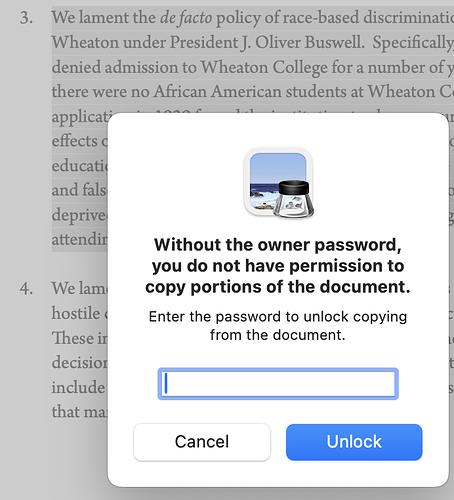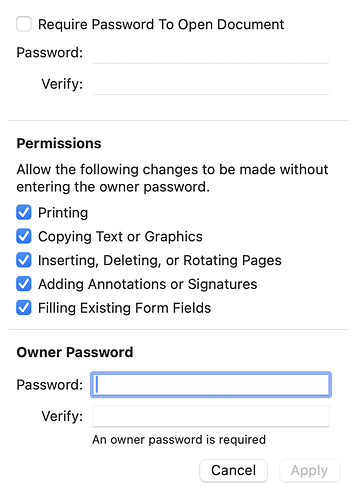New episode of Out of Our Minds podcast drops
If that profane, bloody skirt-chaser, Samson, asked you to help him pull down the pillars holding up the Democratic party, would you?
Or would you say “no,” yelling at other Christians not to help him because his sins are so …like …out there and gauche? #rightenemies
And what more shall I say? For time will fail me if I tell of Gideon, Barak, Samson, Jephthah, of David and Samuel and the prophets, who by faith conquered kingdoms, performed acts of righteousness, obtained promises, shut the mouths of lions… (Hebrews 11:32-33)
True men of faith are sinners and show and tell it.
False men of faith are prissy, squeamish, prigs with golden tongues who never say they’re wrong.
Take your pick. #goodshepherds
Good goal for Christian man to aspire to saying in vulgar tongue everything true no Christian man is ever caught dead saying here. Been on web since very beginning & from beginning truth’s been orphaned, replaced by truth trimmed, archaic quotes of Puritans, and beards.
Wheaton’s Trustees refuse to allow text of their Report (denouncing President Buswell) to be selected and copied.
They shove this dialogue box at you demanding a password. So you have to take a screen shot of the text, then OCR the pic with something like Apple Preview. Which I’ve done now countless times. Pathetic
Wheaton’s Trustees say readers can’t copy “portions of this document.”
So, good reader, find any portion you CAN copy. Not title on title page. Not letter to students. Not line from Table of Contents. Not Darrell Bock’s name from list of Task Force members. Not list of Scripture references in Theological Guidelines.
Maybe a page number at the bottom of a page?
This is, I think, the most revealing thing of all. #WheatonCollege
There’s no dishonesty in the fact that “you do not have permission to copy portions of the document” means you can’t copy any part at all from the document. The two copy-related permissions are likely “copy a piece” and “copy the whole thing”. This is the “copy a piece” error. It’s unlikely that the program provides a “copy a small piece” option.
The argument that would be used for turning on this restriction would be, “We don’t want out of context quotes taken from this, do we?” To which an answer might be, “We’re a scholarly institution, why are we trying to prevent interaction with a publication of ours?”
Christians don’t imply things that aren’t true. “Portions” implies “other portions.”
As to what is or isn’t possible with PDFs, you might be right about the latest version of PDF permissions, but here’s a dialog box for PDF permissions for a 1998 copy of our church bylaws which I can’t change the text of, but can copy:
Love,
A liberal, a good journalist, and a good man. Subscribed to WM for years. Nothing like it then or now. Grateful for his work.

Case in point: there’s been a case in the UK this year where it came to light that someone had been abusing vulnerable young men, almost in plan sight. The senior pastor whose errors of judgement w.r.t safeguarding contributed to the situation, has now elected to stand down. Not that he is leaving ministry, but by moving on to give the church a fresh start. This strikes me as being the honourable thing to do.
Very sad, but yes; I agree it was the honorable thing to do. BTW, did you forget how to spell “honor?” LOL Love,
Let me have one more stab at explaining the reason Wheaton’s refusal to allow readers to copy their Task Force Report is significant.
When you create a PDF, there are many ways to do it. You can simply print a document from any number of programs, including MSWord, and “print” it by saving it as a PDF (rather than sending it to a printer where it’s printed hard copy, on paper). So, for instance, if you do a Command-P right now on your Mac, you will see you have one option, “Save as a PDF.” If you choose that option, you are able to select levels of security if you want to disallow people to open it, edit it, copy it, etc.
What is normal, when a document is released publicly, is for the creator of that document not to harrass readers by keeping them from doing this or that. If they just save the document as a PDF and release it, the reader can open the document, edit the document’s text and formatting, copy the document’s text and paste it somewhere else for the sake of quotations, etc. This latter action is fundamental to scholarly discourse.
When an institution creates a 122-page document which they purport to be an “historical review,” they know that document is itself going to be reviewed, then debated in other documents. If they are unafraid of their work being critiqued, they won’t dream of copy-protecting it. Unless, of course, they want to make money off it, and then they might limit any or all of the three things listed above—opening and reading, editing, and copying.
Many times entities which specialize in publishing scholarly publications will issue their papers or publications so that, when another scholar is reviewing it and selects part of its text to paste and quote in another text he himself is writing, an automatic citation is pasted at the bottom of the text that’s been copied and pasted into the document reviewing the previous document. This is very helpful to the scholar because he doesn’t have to write the citations himself. It is a simple kindness.
Wheaton didn’t do this simple courtesy, but worse, they tried to prevent other scholars from quoting them. To be specific, they went into their document and tweaked it intentionally so that no one could copy its text. (Except by finding some workaround which the Mac has, finally. You can take a screenshot opened of the protected text, then open it in Preview, then turn on selection of text, then copy, then paste into your other document reviewing the original Wheaton document. Which I’ve had to do, now, hundreds of times).
For illustrative purposes, let’s turn to court cases. Legal opinions issued by courts are created at public expense, and therefore in the public domain. If you go to the Department of Justice, Office of Solicitor General, to download the latest decision of the Supreme Court of the United States (SCOTUS), you can click on the PDF button and download the opinion. If you open that PDF, you can read it, edit it, and copy and paste it into another document. Try it now: https://www.justice.gov/media/1325416/dl?inline
Wheaton College made the decision to deny what you just saw you can do with the latest SCOTUS case. For them to do so with their purportedly “historical review” is shameful.
Those who aren’t scholars might not know such things, but those who live in the scholarly community know them full well. So well, in fact, that I’m betting a few of the real scholars on Wheaton’s Task Force are embarrassed their Trustees and administration were so insecure as to make them set the PDF permissions so that other scholars were harrassed by those permissions.
Scholarship lives by criticism. Criticism is scholarship’s lifeblood. The reason you refuse to allow others to quote you is that you don’t want others to be able to criticize you.
Hope this helps.
Bought a lot of lights in my time, but never one as good as the Lumintop GT Nano Keychain Flashlight. Love it. EDC for couple years now. Given it to sons/in-laws. It’s the perfect gift for your dad/son/husband. Right now only $30 on Amazon. Amazon.com
Teenage students beheaded their teacher and they were, what? Eastern Orthodox? Roman Catholic? Buddhist? Jewish?
Of course not.
Open letter to Phil Ryken and Wheaton College Board of Trustees; from Kevin Gregory, 1979 Wheaton Class President Wheaton College & President Buswell: Open letter to Pres. Ryken & Trustees - Warhorn Media
Audio
Audio
Ironic age lacks directness, truthfulness, courage. Catch a man lying. Point it out. He responds he was being ironic.
Ironic man extends by just a few seconds the moment when he has to commit himself. Flourishing, robust, ironic, and authentic... - Warhorn Media
Audio

